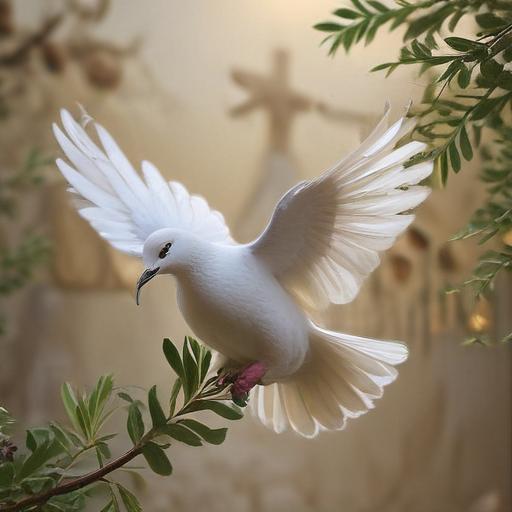The main road into Srebrenica is adorned with faces of the deceased, but these are not portraits of the nearly 8,000 Muslim men and boys who were brutally murdered by Serb forces during the 1995 massacre. Instead, they depict Serbs who, according to claims, were killed by Bosniak troops throughout the region during the Bosnian War from 1992 to 1995. These images, strategically placed ahead of the memorial events, are part of a continued effort by some Serb factions to downplay or deny the genocide that occurred in Srebrenica.
The ongoing refusal of Serb officials to acknowledge this tragic history remains a significant barrier to reconciliation in Bosnia, a country still suffering from its wartime legacy. Camil Durakovic, a Bosniak former mayor of Srebrenica and current vice-president of Republika Srpska, expressed deep concerns about the lack of progress in addressing historical grievances. “Facing the past is still our biggest problem,” he remarked, pointing to the ongoing political dynamics within the region.
Bosnia, with its complex political framework established by the Dayton Accords in 1995, remains divided. Efforts from Western countries aim to foster unity and push for institutional reforms in hopes of EU membership; however, resistance from leaders like Milorad Dodik, the Serb president in Republika Srpska, challenges these efforts. Dodik has consistently downplayed the Srebrenica genocide, resorting to rhetoric that further fuels ethnic divisions.
The recent commemorative events raise complicated questions about memory and representation. While the Bosnian state and international courts recognize the genocide at Srebrenica, many in Republika Srpska feel their own narrative of suffering remains overlooked. This has led to further entrenchment of ethnic identities within Bosnia, creating a cycle of denial and division.
Despite these challenges, Durakovic hopes for a turning point, especially if Dodik’s recent legal battles lead to a change in leadership dynamics. Observers note that while Dodik’s political power appears to be waning, the region still requires concerted efforts from both national and international parties to ensure a peaceful and reconciliatory future.
This article depicts a complex and painful moment in Balkan history, illustrating not only the lasting impacts of the war but also the potential pathways toward healing and understanding. The hope remains that with continued dialogue and acknowledgment of past atrocities, the people of Bosnia can forge a new narrative focused on cooperation and reconciliation rather than division.
